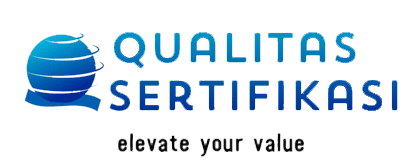OBP Neutrality Certification Subprogram: Mitigating the Challenge of Non-Commercially Recyclable OBP
In the ongoing battle against ocean plastic pollution, one of the most pressing challenges we face is the management of non-commercially recyclable Ocean Bound Plastic (OBP). This category of plastic waste encompasses materials that are deemed economically unviable for traditional recycling processes. Unlike readily recyclable plastics, non-commercially recyclable OBP often ends up neglected, increasing the risk of environmental contamination and marine ecosystem harm.
In response to this critical issue, OBP Certification has emerged as a vital strategy to ensure the ethical collection, treatment, and offsetting of these challenging materials. Among these initiatives, the OBP Neutrality Certification Subprogram stands out for its comprehensive approach to tackling non-commercially recyclable OBP waste.
This article delves into the role and impact of the OBP Neutrality Certification Subprogram, highlighting its significance in our efforts to safeguard our oceans and promote sustainable waste management practices.
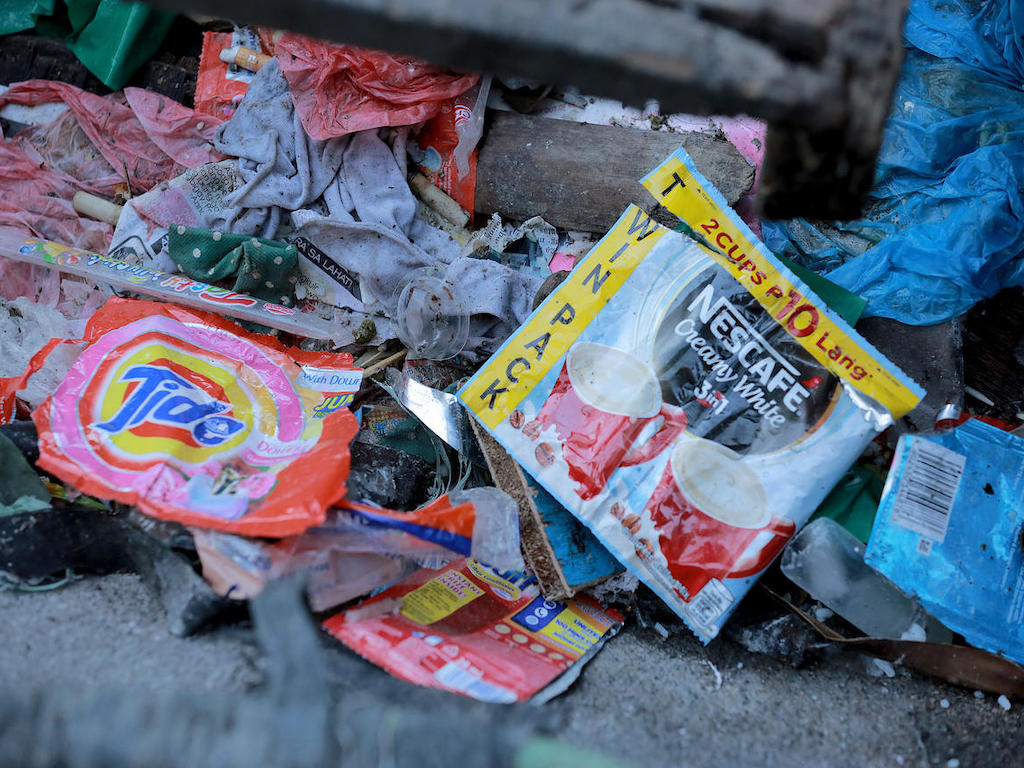
Understanding Non-Commercially Recyclable Ocean Bound Plastic (OBP)
Non-commercially recyclable OBP refers to plastic waste that presents significant challenges in terms of economic feasibility for recycling operations. This category includes plastics that are heavily contaminated, degraded, or simply lack market demand, making them unattractive to waste pickers and recycling organizations.
As a result, these materials often evade conventional recycling systems, increasing the likelihood of entering marine environments where they can persist for decades, causing harm to marine life and ecosystems.
The Challenge of Non-Commercially Recyclable OBP
Non-commercially recyclable OBP poses a significant challenge to waste management and environmental conservation efforts for several reasons:
Economic Viability
Recycling operations depend on the economic feasibility of collecting and processing materials. Non-commercially recyclable OBP often lacks value in recycling markets, discouraging collection efforts.
Environmental Impact
When non-commercially recyclable OBP is not properly managed, it can degrade into microplastics, posing serious threats to marine ecosystems and wildlife.
Social Implications
Communities reliant on waste collection for income may neglect non-commercially recyclable OBP, contributing to environmental contamination.
The Role of OBP Neutrality Certification Subprogram
In response to these challenges, OBP Certification programs have been developed to ensure the ethical collection and treatment of OBP waste. The OBP Neutrality Certification Subprogram.
The OBP Neutrality Certification Subprogram is designed to comprehensively address the challenges associated with non-commercially recyclable OBP. Key components of this subprogram include:
Ethical Collection Practices
Certifying that OBP waste is collected under ethical guidelines to prevent leakage into the environment.
Waste Management Protocols
Ensuring that collected OBP waste is treated and processed responsibly to minimize environmental impact.
Plastic Credit Verification
Verifying and tracing plastic credits generated from the collection and treatment of OBP waste.
Offsetting Plastic Footprint
Compensating for the plastic footprint through the purchase of verified plastic credits, supporting recycling and waste management efforts.
The OBP Neutrality Certification Subprogram represents a critical advancement in addressing the complexities posed by non-commercially recyclable OBP. By certifying the ethical collection, treatment, and offsetting of OBP waste, this initiative not only mitigates environmental risks but also supports sustainable development objectives.
For more information on OBP Certification or to inquire about becoming certified, visit our website or contact us today!
Recent posts
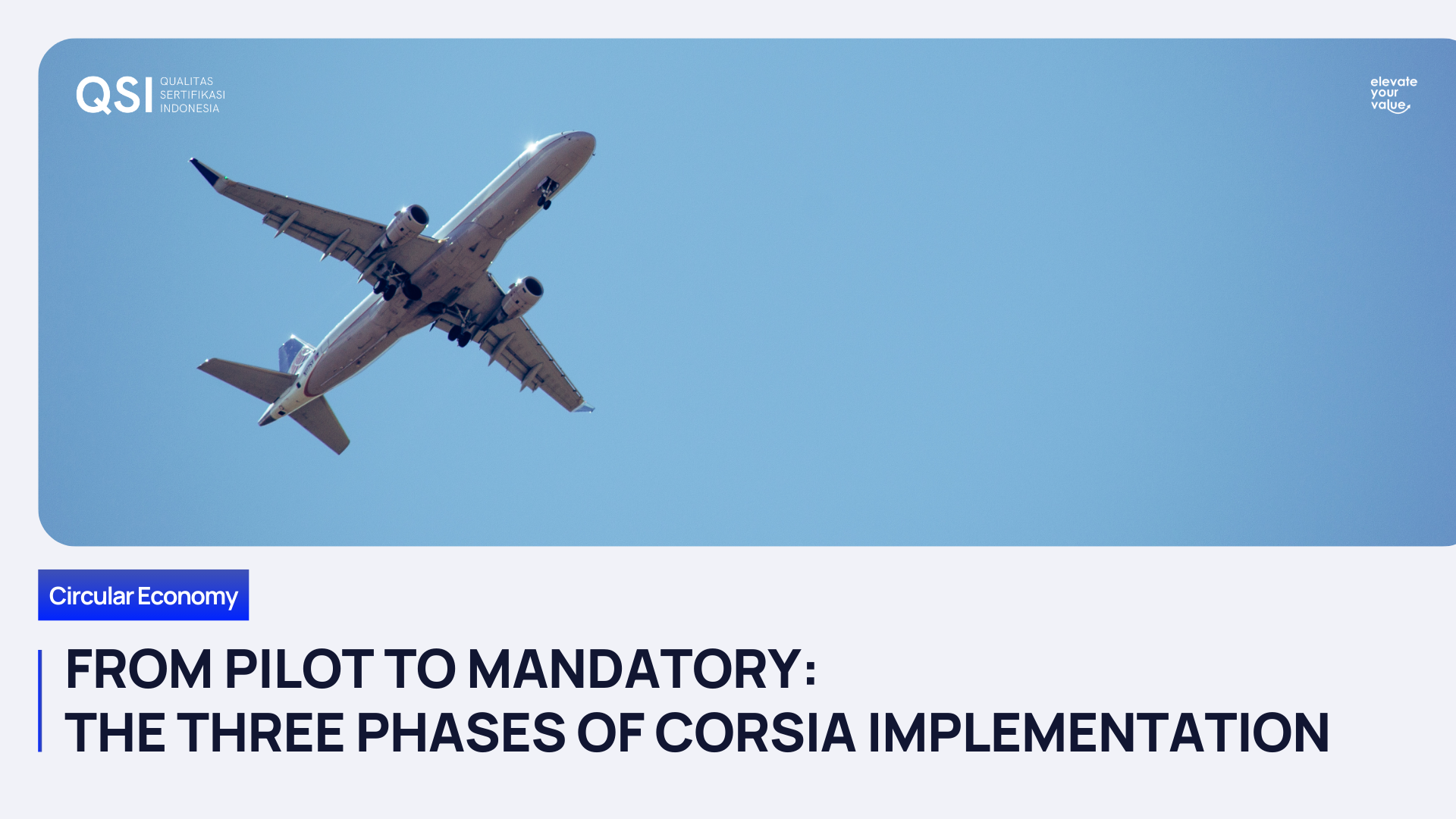
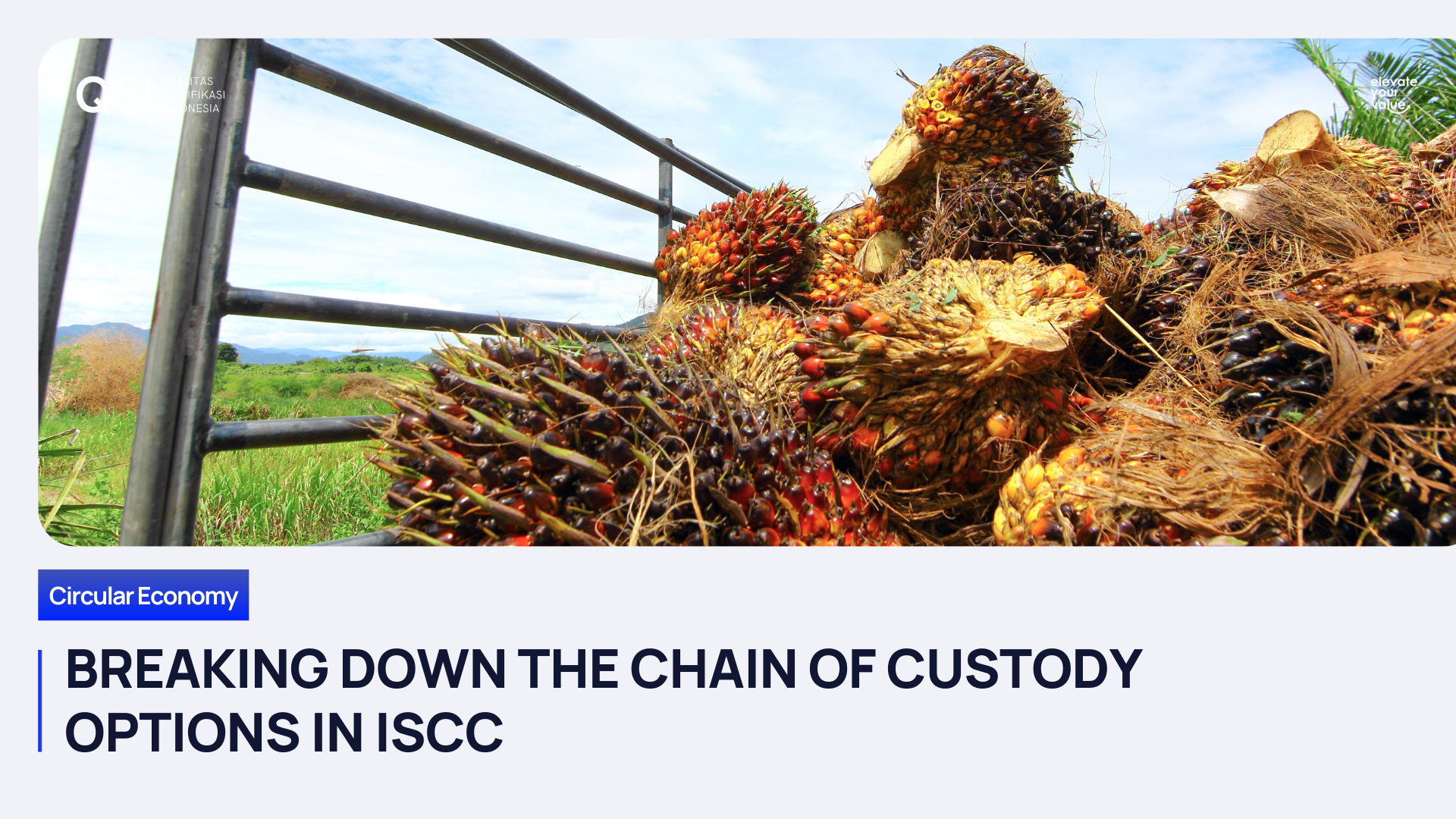
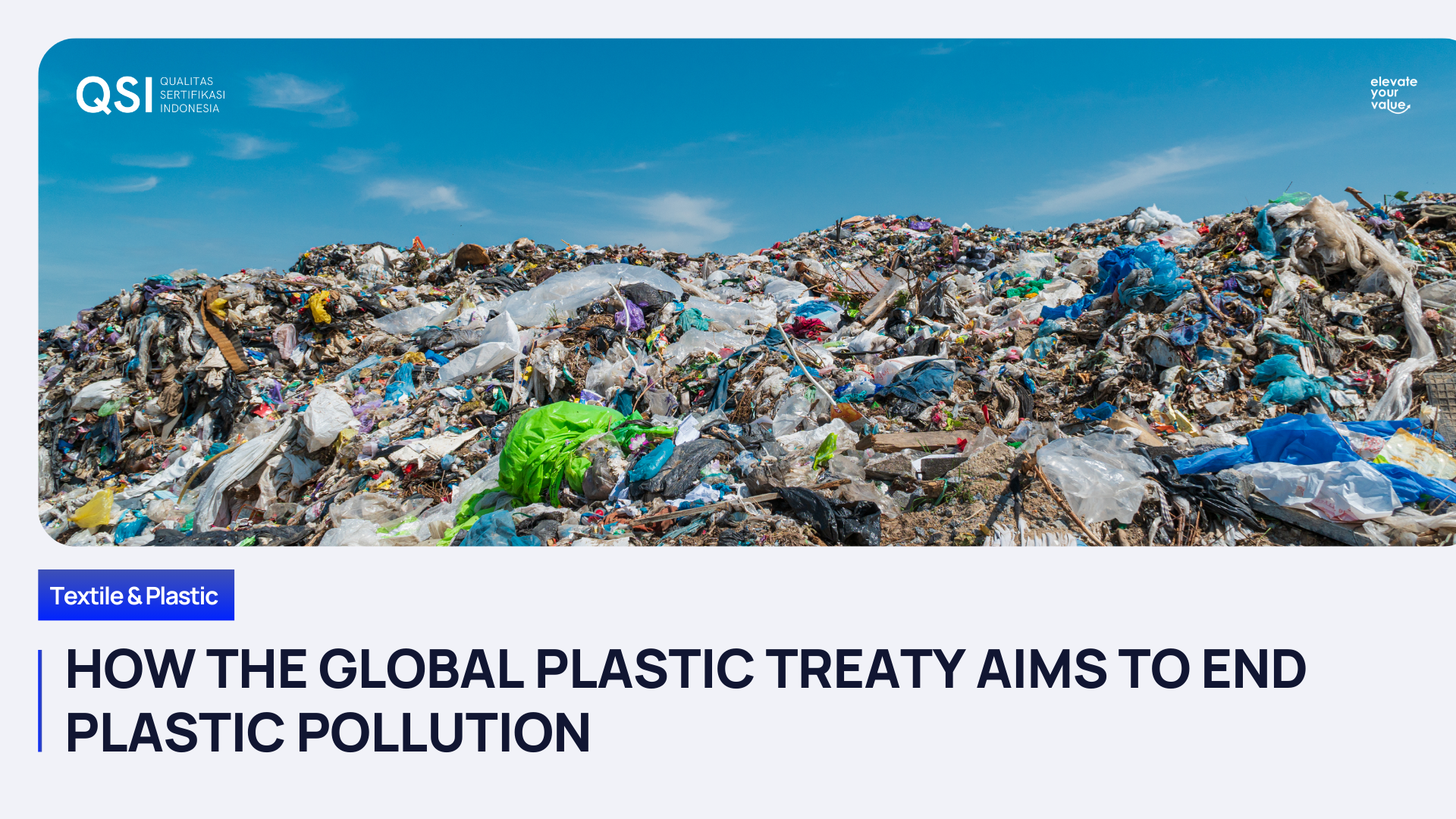
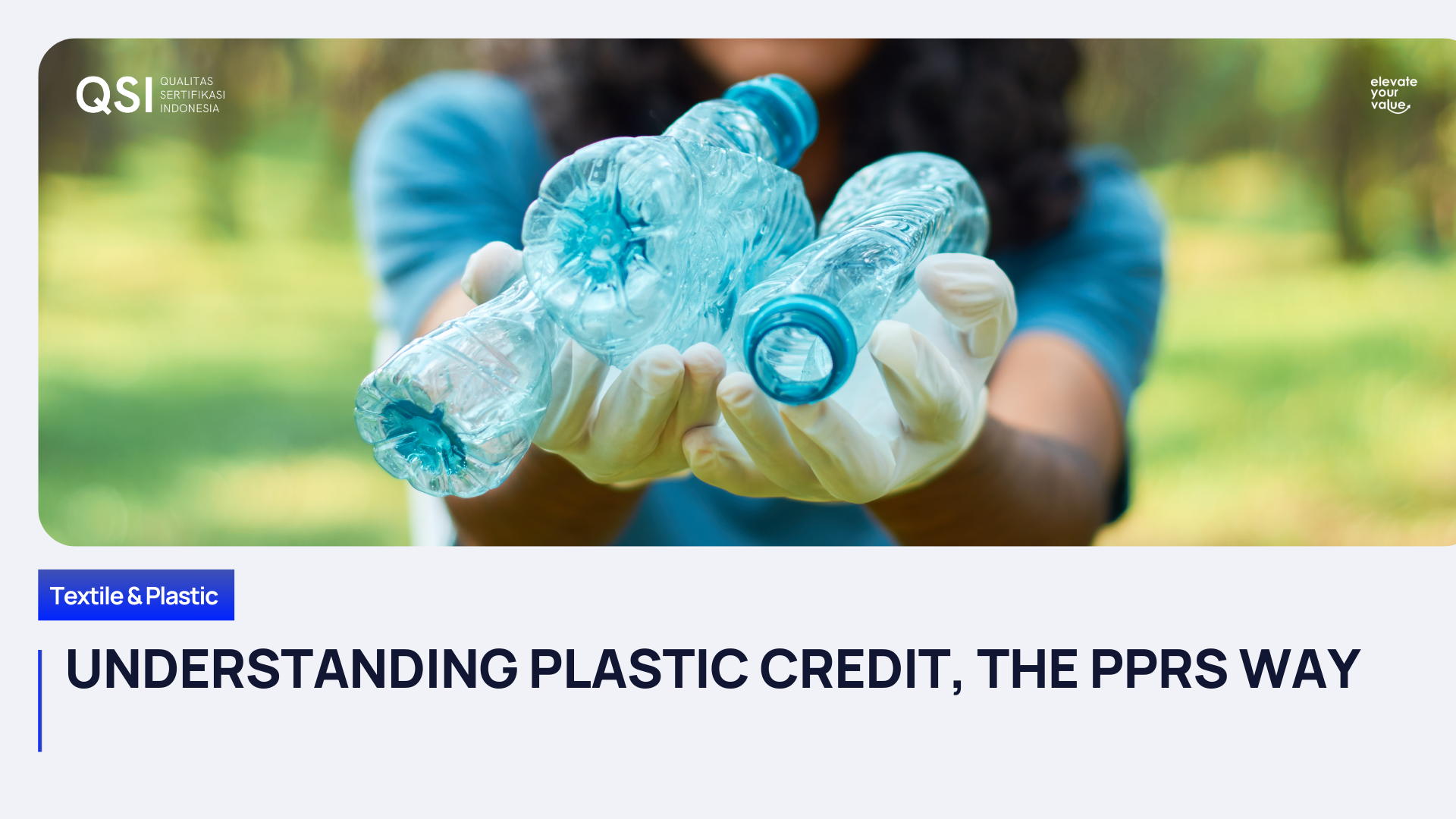
Drop us a line
Contact Us
We will get back to you as soon as possible.
Please try again later.
Share



General Inquiries
Phone
+62 21 2949 1946
Headquarter
The CEO Building, Level 12th
Jl. TB Simatupang No. 18C
Cilandak Barat, Cilandak
Jakarta Selatan, DKI Jakarta 12430
Indonesia
Operational
Menara Sun Life, 7th Floor
Jl. Dr. Ide Anak Agung Gde Agung Blok 6.3
Kuningan Timur, Setiabudi
Jakarta Selatan, DKI Jakarta 12950
Indonesia
Programs
Quick Links
Qualitas Sertifikasi Indonesia
PT Qualitas Sertifikasi Indonesia
